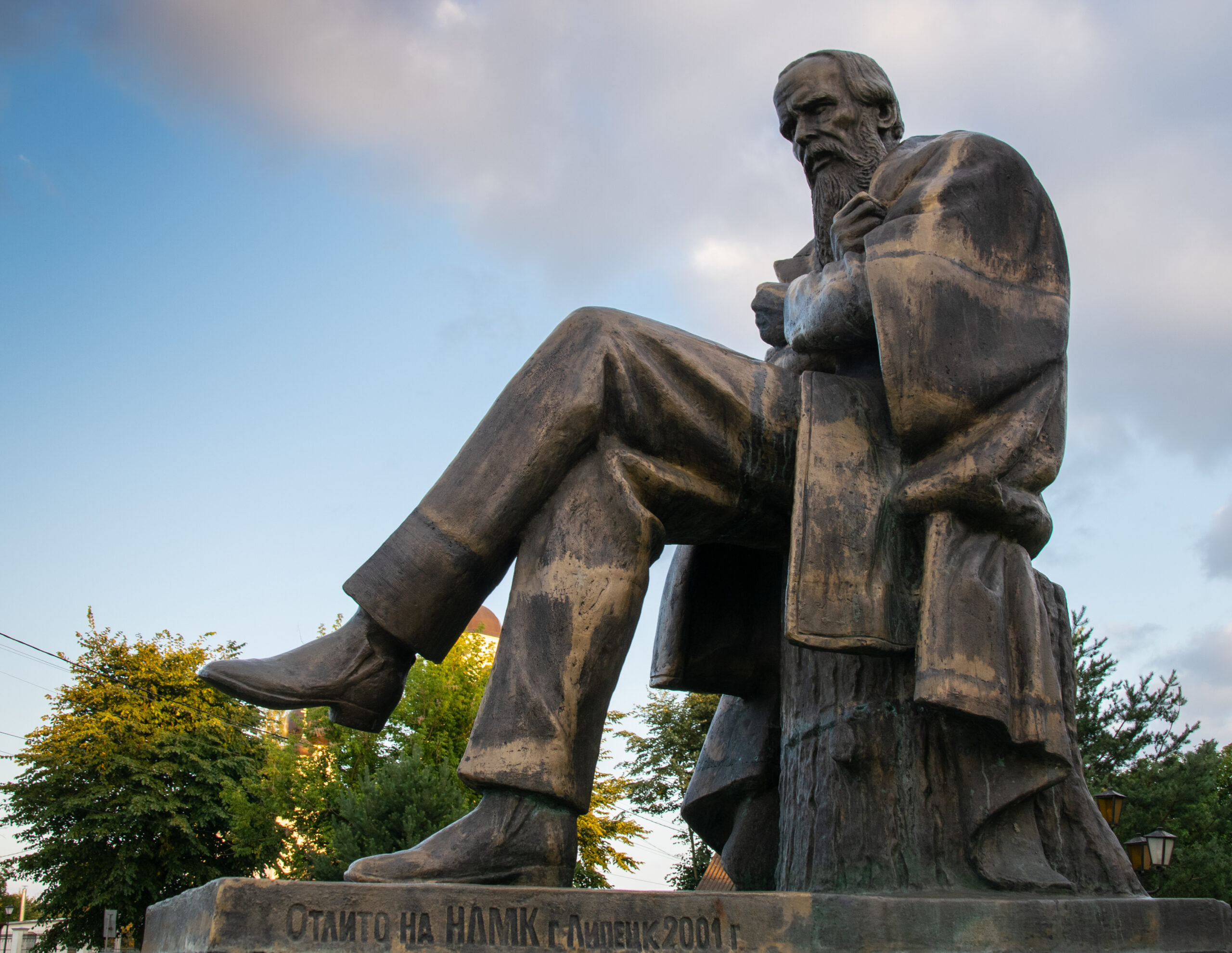In medical school, we’re taught anatomy, physiology, and the fine mechanics of cutting and suturing. We study case reports and complication rates. We are told to be precise, calm, and efficient. But what we are rarely taught, at least not explicitly, is how to live with the emotional and moral weight of surgery.
That’s where Dostoevsky comes in.
Fyodor Dostoevsky wasn’t a physician. He was a novelist, writing from 19th-century Russia about guilt, grace, madness, and morality. But I believe his books should be required reading for every surgeon. Because while a scalpel teaches you how to operate, literature teaches you how to think, feel, and carry what comes after.
The Human Heart Is More Than an Organ
I’ve held hearts in my hands. I’ve watched them beat again after stopping. I’ve seen the quiet triumph of a life pulled back from the edge. But even those moments of victory can’t fully prepare you for the emotional weight of this work: the hard choices, the uncertain outcomes, the responsibility we carry every day.
Reading Dostoevsky didn’t give me all the answers, but it offered something just as valuable: a deeper understanding of the human experience. In Crime and Punishment, Raskolnikov tries to separate reason from conscience, and discovers that you can’t live well without both.
As surgeons, we aren’t detached technicians, we’re human beings entrusted with the most intimate moments of life. Dostoevsky reminds us that embracing complexity, rather than avoiding it, is where real growth happens. He gives us permission to feel deeply and reflect honestly, which, in the end, makes us stronger and more compassionate in our work.
Ethical Clarity Isn’t Always Clear
In The Idiot, Prince Myshkin is a character of almost naive goodness. He tries to be kind, to do right by everyone, to see beauty in the broken. But his honesty and empathy don’t protect him, they expose him. The world, complex and cynical, doesn’t know what to do with someone who refuses to harden.
In the operating room, we’re expected to be confident. And rightly so. Patients trust us with their lives. But confidence without humility is dangerous. When we face tough calls, whether to operate on a frail patient, how to break bad news to a family, or when to acknowledge our own limits—we need more than protocols. We need ethics, courage, and compassion.
Dostoevsky’s characters remind us that being good is not the same as being effective. And being effective is not always the same as being good. Holding both truths is essential to the moral life of a surgeon.
Surgery Is a System—and So Is the Soul
Surgical training, at its best, is a system built for excellence. But even good systems can fail. I’ve seen brilliant surgeons unravel from isolation. I’ve seen residents struggle with imposter syndrome and shame. I’ve seen institutions ignore moral distress in favor of metrics.
Dostoevsky understood systems. His books explore the machinery of guilt, pride, fear, and redemption. He shows us how people justify cruelty, how they hide behind ideals, how they long for connection even as they sabotage it. He understood what it meant to break, and to try, slowly and painfully, to put oneself back together.
In medicine, we often talk about resilience. But resilience isn’t just grit. It’s the ability to make meaning out of suffering. Dostoevsky doesn’t offer easy hope, but he offers meaning. And that, I believe, is just as vital as any surgical skill.
We Need More Than Science to Practice Medicine
There’s a growing movement for medical humanities, a belief that doctors should read poetry, study art, and learn history alongside anatomy. I’m fully behind it. Not because it makes us “nicer” people, but because it helps us become better observers of the human condition.
Surgery is a deeply human art. It’s full of contradictions: precision and chaos, control and surrender, life and death. To be good at it, you must cultivate more than technical skill. You need moral imagination. You need emotional vocabulary. You need a framework for the questions that don’t fit on a chart.
Dostoevsky doesn’t give comfort. He gives you company in the darkest parts of your mind. He holds up a mirror and says: “This, too, is you. What will you do with it?”
A Scalpel in One Hand, a Novel in the Other
If I could go back and revise the surgical curriculum, I’d keep the cadaver lab and the endless call shifts. But I’d also hand every first-year a copy of The Brothers Karamazov or Notes from Underground. I’d say: “This is part of your training, too. Learn to listen to what lives under the surface.”
Because at the end of the day, the most difficult part of being a surgeon isn’t the cutting. It’s the living: with choices, with grief, with people who are looking to you for answers you may not have.
Reading Dostoevsky won’t make you a perfect surgeon. But it might make you a more thoughtful one. And in my experience, that makes all the difference.
